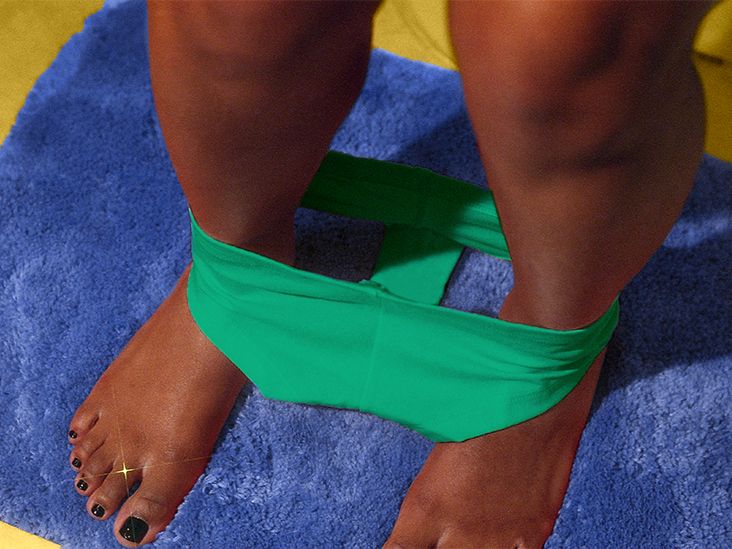Foamy urine can result from simple factors like a fast urine stream or more complex causes like kidney disease and diabetes.Ever seen your pee fizz like a shaken soda and thought your toilet was pranking you? Don’t panic! Here’s everything you need to know about foamy urine, including common causes and treatments.Seeing foam in your pee may catch you off guard. However, it doesn’t necessarily signal that a serious health issue is brewing. It could be due to something benign, like a rapid restroom visit, rather than something more concerning.Kidney diseaseIf you see more foam in the toilet bowl than your favorite latte, your kidneys could be waving a little red flag. Healthy kidneys filter blood, removing waste while keeping essential proteins. Damaged kidneys struggle to filter effectively, allowing the protein to pass into the urine, causing frothiness.Fast urine streamA speedy pee stream can whip up a frothy frenzy from the sheer force of hitting the water. It’s usually no biggie — just your bladder doing its best impression of a forceful waterfall.Toilet cleanerSometimes, the cleaning products you use in the loo can react too enthusiastically with your pee, leading to a foam party in the bowl.DehydrationDehydration can cause concentrated urine with higher solute levels, including proteins and minerals. This concentration can create foam when urine hits toilet water.DiabetesHigh sugar levels, common in diabetes, can harm kidneys, causing protein leakage into urine and foam. If you have diabetes and notice bubbly urine, consult a healthcare professional for tests and advice.Noticing too much foam in your pee? It’s time to tune into your body’s signals to reduce foamy urine. Keep an eye on any additional symptoms or changes in urine frequency and color, as these could provide clues to what’s going on. It’s also a good idea to have a chat with a healthcare professional. They can do a thorough check-up, starting with a urine test to measure protein levels. Depending on the results, they might suggest more tests, like blood tests or imaging, to get a clearer picture of what’s going on.What does foaming urine indicate?Foamy urine causes can range from totally tame, like after a rapid pee or a reaction with toilet cleaner, to a sign of something needing medical attention, such as kidney issues or complications from diabetes.What stage of kidney disease Is foamy urine?Foamy urine may appear at various stages of kidney disease, typically when there’s enough protein buildup to throw a bubble bath in your loo. You’ll need tests to determine your kidney health to get the specifics.Is foamy urine diabetes?Foamy urine isn’t a direct symptom of diabetes, but there’s a link. Diabetes can harm kidneys, causing protein leakage, which can lead to foamy urine. If you manage diabetes and notice foamy urine, inform your healthcare team for closer kidney monitoring.Managing protein in your urine, or proteinuria, involves addressing the root causes and making key lifestyle changes. If the cause is high blood pressure or diabetes, your doctor may prescribe medications. Once your blood pressure or blood sugar is checked, protein leakage into the urine can be reduced.Your doctor may also recommend lifestyle tweaks to kick that protein-rich pee to the curb.Foamy urine isn’t always a reason to panic. Often, it’s just a quirk of hydration or how quickly you’re peeing. But if the foam appears regularly, it’s a good idea to check in with a healthcare professional. Whether it’s harmless or a heads-up, keeping an eye on what’s going down in the bowl is smart for your health.
